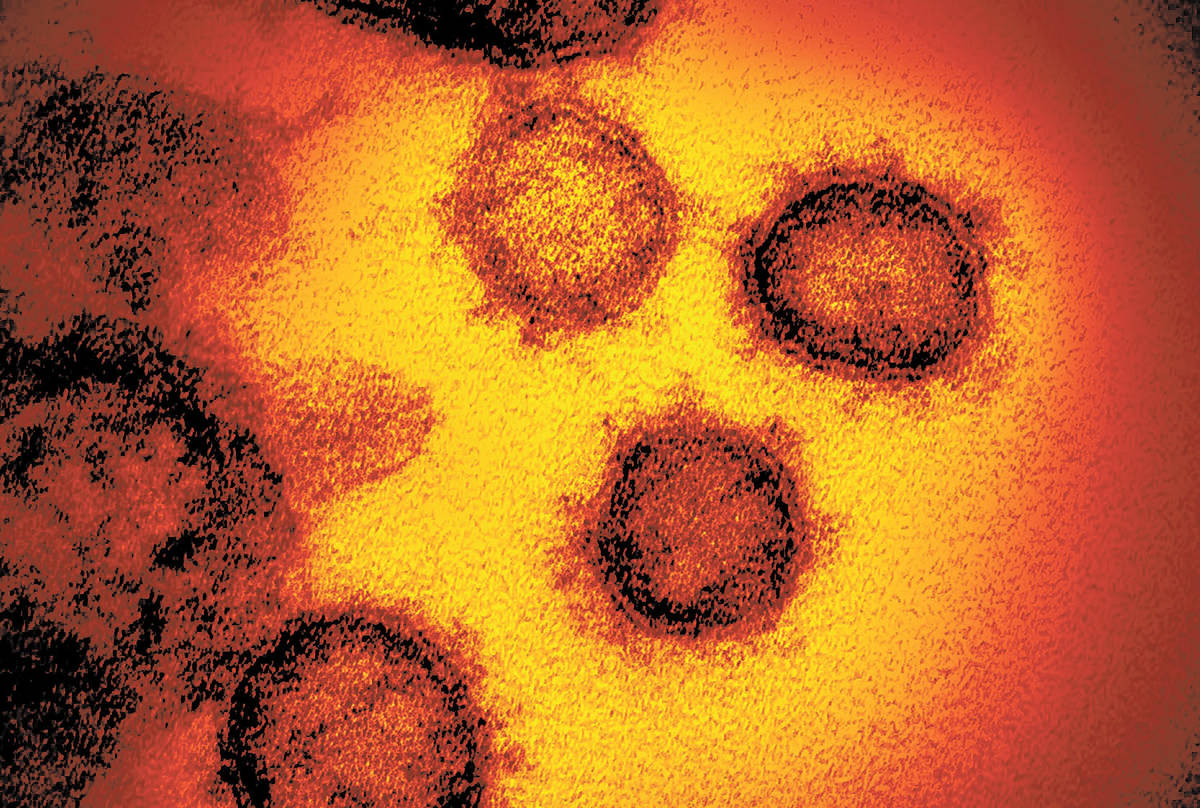Brazil coronavirus variant found in Nevada
Three cases of a coronavirus variant first identified in Brazil and thought to be more easily transmissible have been found in Nevada, at least one of them in Clark County.
The first case in the state of the variant known as P.1 was detected in Clark County late last month, said Mark Pandori, director of the Nevada State Public Health Laboratory at the School of Medicine at University of Nevada, Reno.
Two more cases were found this week by the Centers for Disease Control and Prevention in samples of positive COVID-19 tests provided by private labs. Information on these cases, such as the counties where they originated, was not immediately available.
Representatives of the Southern Nevada Health District did not respond to a request for comment late Friday afternoon. The Washoe County Health Department, the public health agency for Nevada’s most populous county in Northern Nevada, has not reported any cases of the Brazilian variant, representative Scott Oxarart said.
The state’s first reported case was in a 26-year-old man living in Clark County, according to a report provided by a representative of the Nevada Department of Human Services, who offered no further comment.
The development comes as the Los Angeles County Health Department announced on Wednesday its first cases of both the Brazilian variant and a separate strain first identified in South Africa known as B.1.351. In Nevada, the first and only known case of the South African variant was identified by the state public health lab in mid-February. The case involved a man tested in Reno who had recently traveled to that country.
Washoe County health authorities quickly notified the close contacts of the individual of their potential exposure, allowing them to self-quarantine and test for the disease, measures that can stop the spread of disease.
These new strains — which scientists refer to as lineages — are created through mutations that occur as a virus spreads. There are about 50 types circulating in Nevada, according to Pandori, with most posing no greater threat than the original strain. However, both P.1 and B.351 have been labeled “variants of concern” by the CDC. This means there is early evidence that they may spread more easily, result in more severe disease or reduce the effectiveness of vaccines.
There have been more than 400 cases of the Brazilian variant reported in the United States, though many more are likely present but undetected; only a small percentage of positive COVID-19 tests undergo genetic analysis in a laboratory.
Massachusetts leads the nation with 102 reported P.1 cases, followed by Illinois with 93 cases, Florida with 87 cases and California with 39, according to the CDC website The site, last updated on Thursday, does not yet show any cases in Nevada.
The most prevalent strain of the coronavirus circulating in both the U.S. and Nevada is one first identified in the United Kingdom known as B.1.1.7., which scientists believe is more contagious but isn’t resistant to vaccine. There are nearly 20,000 confirmed cases across the country in all 50 states.
Public health officials in the U.S. are urging more people to be vaccinated to prevent another variant-fueled surge in infections such as the one being seen in parts of Europe where vaccination rates are low.
Contact Mary Hynes at mhynes@reviewjournal.com. Follow @MaryHynes1 on Twitter.











































